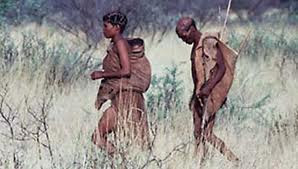 |
| Photo by Julie Elliott-Abshire |
Finally the FA in England has given the go-ahead for their Academy at Burton. But what will they be doing there? I have read that the purpose of the Academy is to train and develop coaching capability, particularly at grass roots level. This will in turn give youngsters the technical skills the England team is currently so desperately short of. Many commentators have said that these skills need developing at an early age and by the age of 21 it’s already too late.
So how good is the coaching right now? Not good enough and certainly not in sufficient depth to develop the undoubted talent that exists right across the country.
And what happens to those young talented footballers? How do they learn, if not from good coaching. The few English players that make it to the biggest stage do so in clubs where they have the opportunity to learn from the best players in the world. However only a small percentage get the chance as instant results are needed and too often the result is a player fails to reach their full potential because they do not get the opportunity to test themselves at the highest level.
So what’s happening in your own business? How do you use coaching? Maybe you don’t use coaching at all or perhaps only as a performance management tool – a way of getting people back on track. If you don’t use coaching or only in limited cases then you are missing out on a massive opportunity to increase bottom line results.
If you see coaching as a cost effective development strategy to improve performance and build a committed, highly engaged and productive workforce, where people have the opportunity to build a career; then how good is your coaching capability?
If there are insufficient coaching skills amongst your managers, or your managers do not provide a challenging yet supportive environment, your own staff will not fulfil their potential. That is a cost to the business on so many levels, including productivity, retention and recruitment.
I’ve just developed a coaching development programme accredited by the Institute of Leadership and Development. I believe that when coaching is done well it is one of he best and most cost effective ways of improve performance and results. Drop me a line if you’d like to know more.



